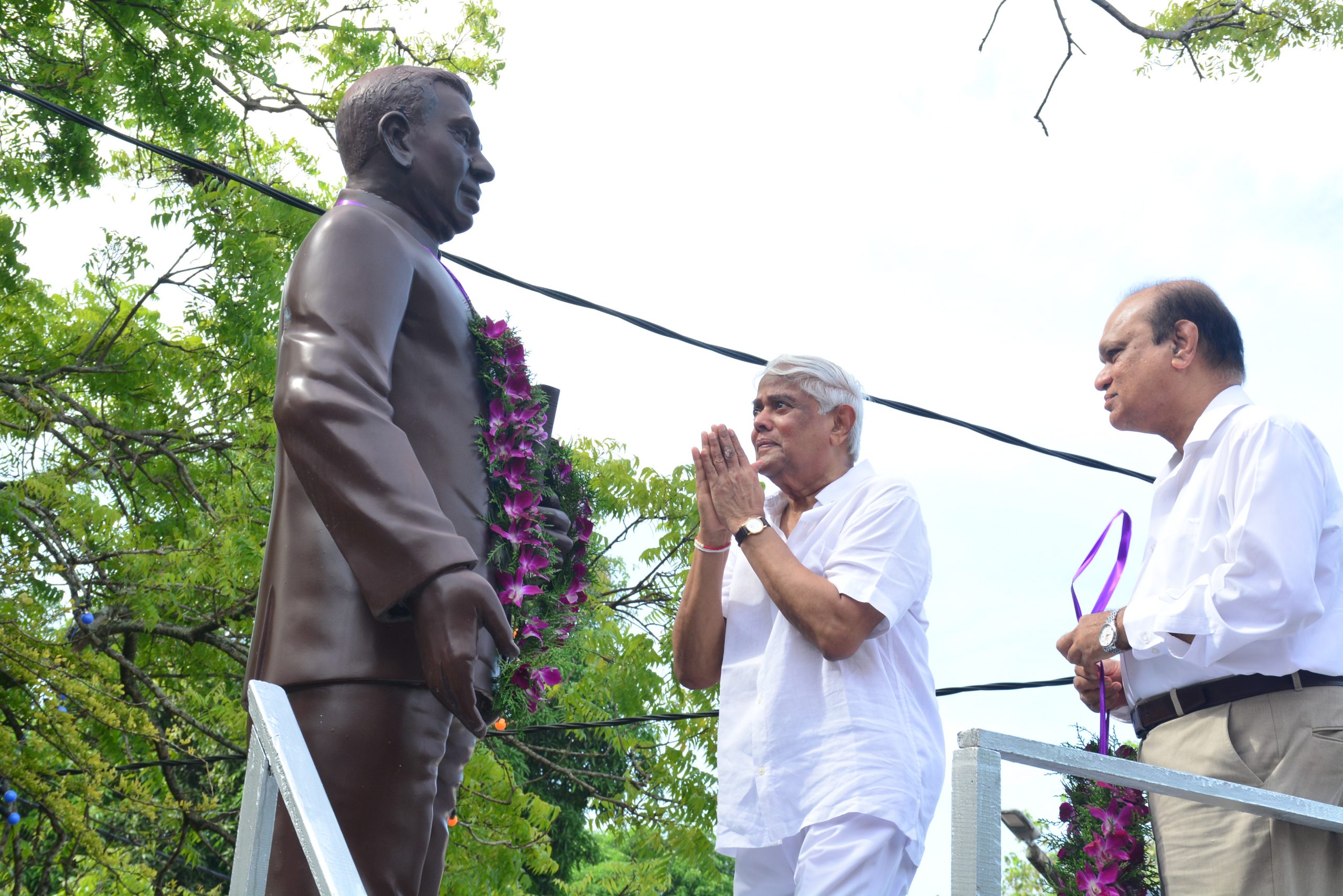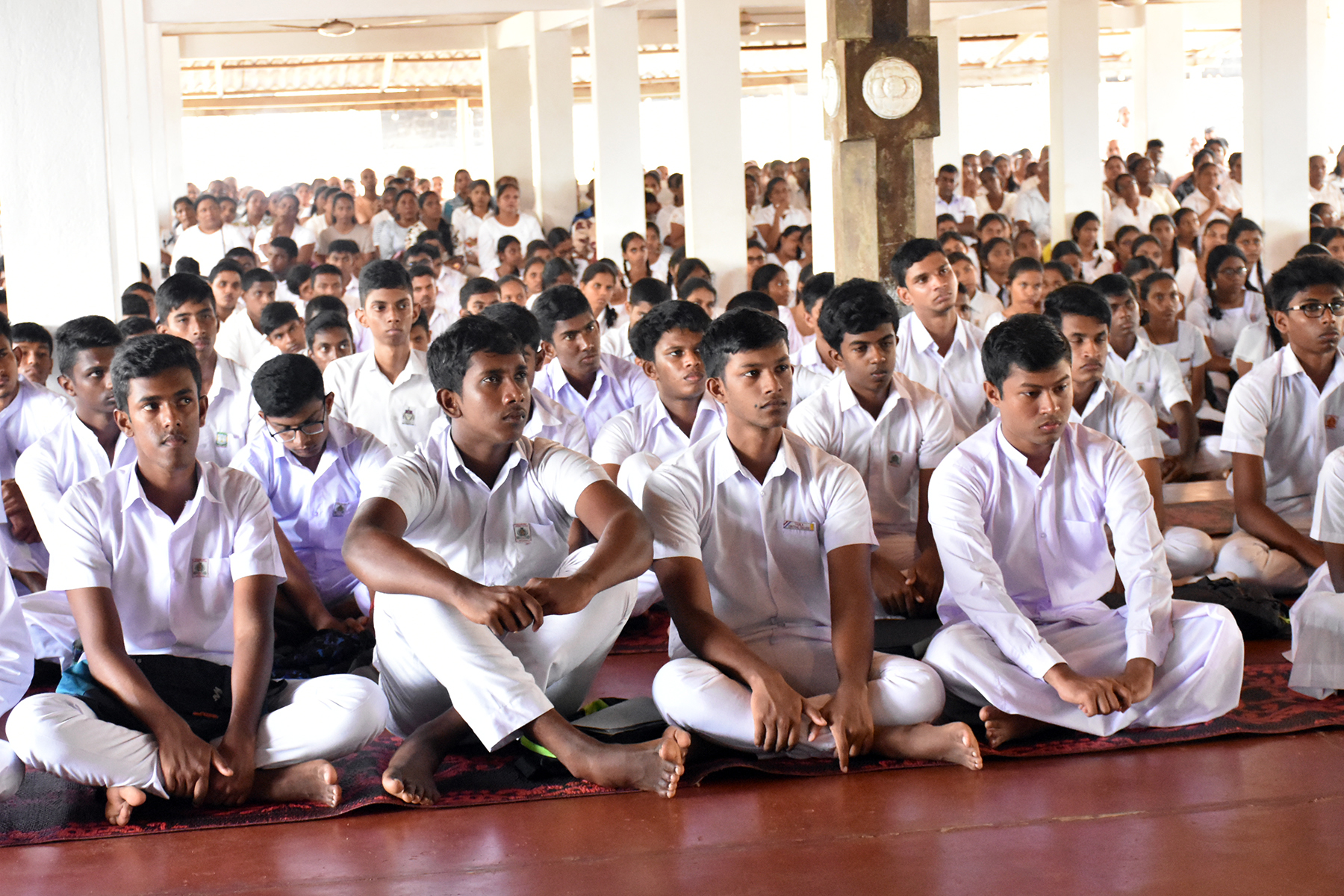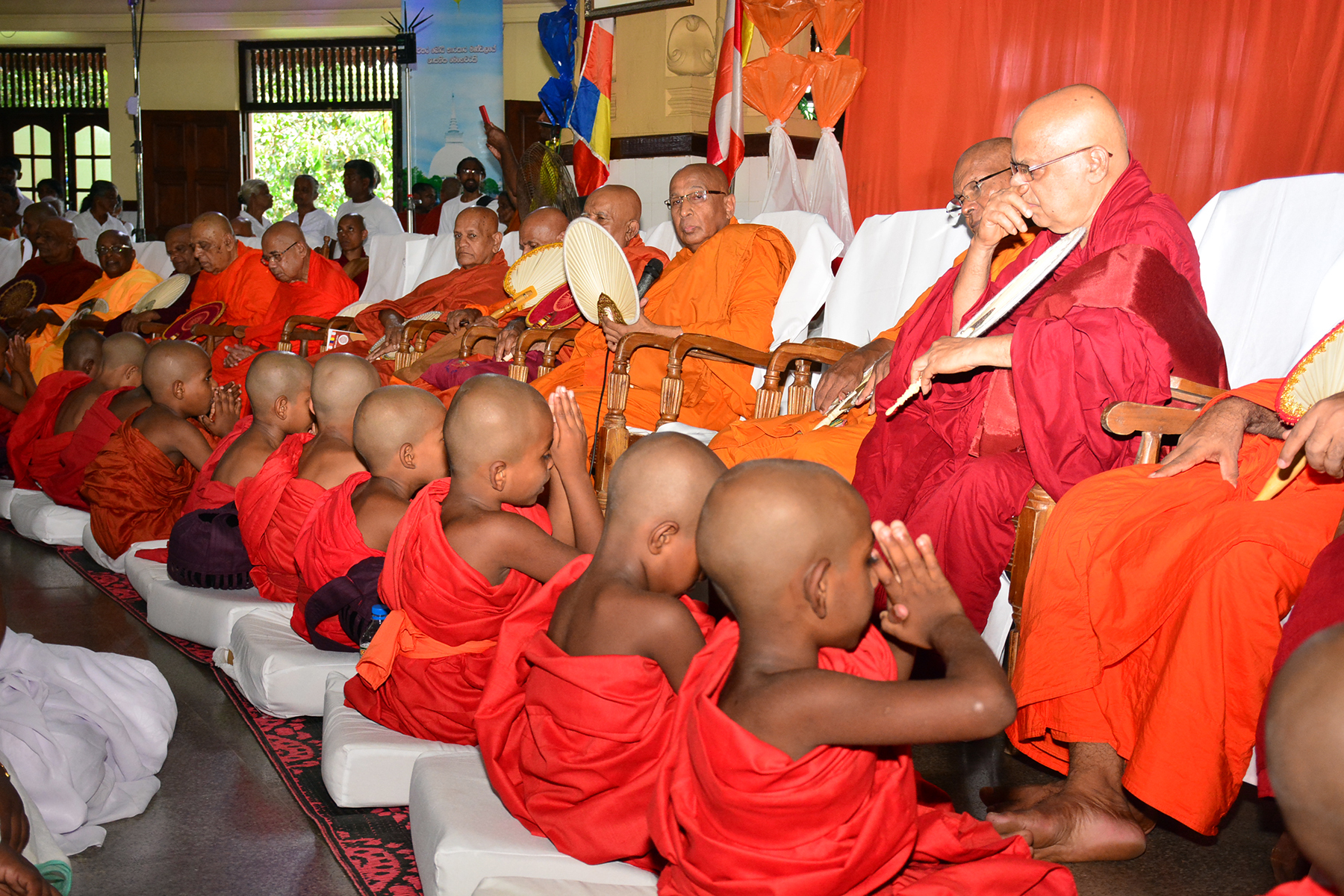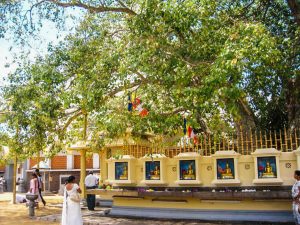What is the Kalutara Bhodi Trust
The Kalutara Bōdhi Trust (KBT) was established in 1951 through the pioneering efforts of Sir Cyril de Zoysa, Proctor SC and Notary Public, a successful and prominent lawyer of the Kalutara Bar and a great philanthropist. Sir Cyril garnered the support of six successful lawyers, who enthusiastically committed themselves to establishing the Kalutara Bōdhi Trust.
Initially confined to the Kalutara region, the scope of work has since expanded with humanitarian assistance now spread far and wide across the country. Founded upon Buddhist principles, and as the name suggests, with the protection and nurturing of the sacred and historic Bō Tree of Kalutara being one of its primary objectives, KBT’s vision nevertheless embraces people of all races, castes and creeds with the sole criteria for qualifying for assistance being “need”.
A brief History
It is believed that the Bōdhi Tree at Kalutara sprouted from a sapling of the Jaya Sri Maha Bōdhi (The Great Resplendent Fig Tree Symbolising Victory) in Anuradhapura, which itself is a sapling of the very Bōdhi Tree (Ficus religiosa) in Bihar, in Madhya Pradesh, India. It is underneath this tree that the Buddha attained enlightenment.
The history of the tree is a fascinating one. This is the story of a fig tree at Buddha Gaya, which became a subject of veneration after Prince Siddhartha Gautama attained enlightenment or Buddhahood while seated in absorption and meditation under its spreading branches. Centuries later the tree became a ‘symbol of the Buddha’s presence and an object of worship’.

The Kalutara Bōdhi Trust (KBT) was established in 1951 by Sir Cyril de Zoysa

The library at Kalutara Bhodi trust, houses a large number of valuable Buddhist literature.
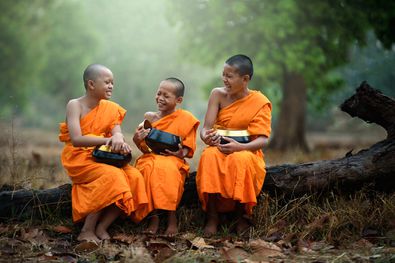
The essence of true charity is to give something without expecting anything in return for the gift.

The legacy of Sir Cyril de Zoysa, the founder of the Kalutara Bōdhi Trust, is every bit a monument which shall certainly endure...
The Buddha's Words on Kindness
This is what should be done
By one who is skilled in goodness,
And who knows the path of peace:
Let them be able and upright,
Straightforward and gentle in speech,
Humble and not conceited,
Contented and easily satisfied,
Unburdened with duties and frugal in their ways.
Peaceful and calm and wise and skillful,
Not proud or demanding in nature.
Let them not do the slightest thing
That the wise would later reprove.
Wishing: In gladness and in safety,
May all beings be at ease.
Whatever living beings there may be;
Whether they are weak or strong, omitting none,
The great or the mighty, medium, short or small,
The seen and the unseen,
Those living near and far away,
Those born and to-be-born —
May all beings be at ease!..
Let none deceive another,
Or despise any being in any state.
Let none through anger or ill-will
Wish harm upon another.
Even as a mother protects with her life
Her child, her only child,
So with a boundless heart
Should one cherish all living beings;
Radiating kindness over the entire world:
Spreading upwards to the skies,
And downwards to the depths;
Outwards and unbounded,
Freed from hatred and ill-will.
Whether standing or walking, seated or lying down
Free from drowsiness,
One should sustain this recollection.
This is said to be the sublime abiding.
By not holding to fixed views,
The pure-hearted one, having clarity of vision,
Being freed from all sense desires,
Is not born again into this world..
“Karaniya Metta Sutta: The Buddha’s Words on Loving-Kindness”
(Snp 1.8), translated from the Pāli by The Amaravati Sangha.

